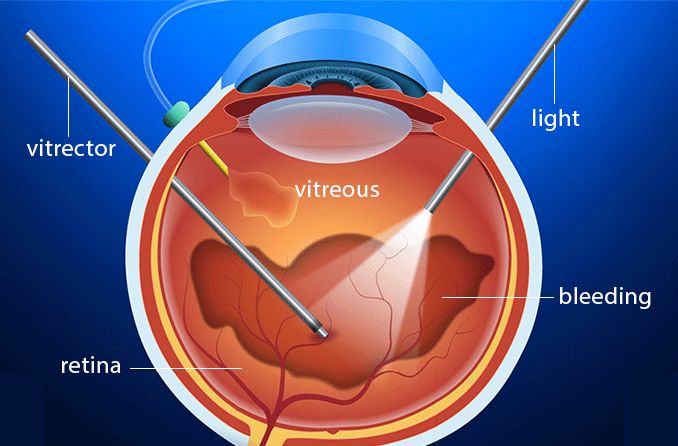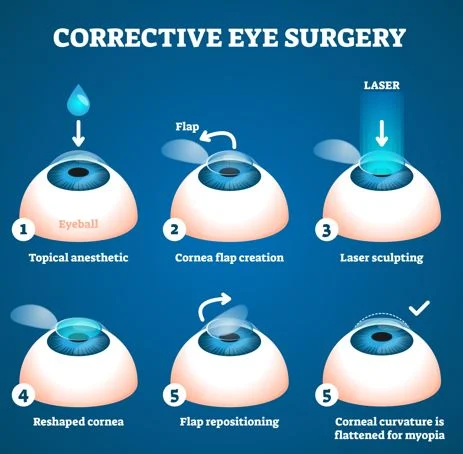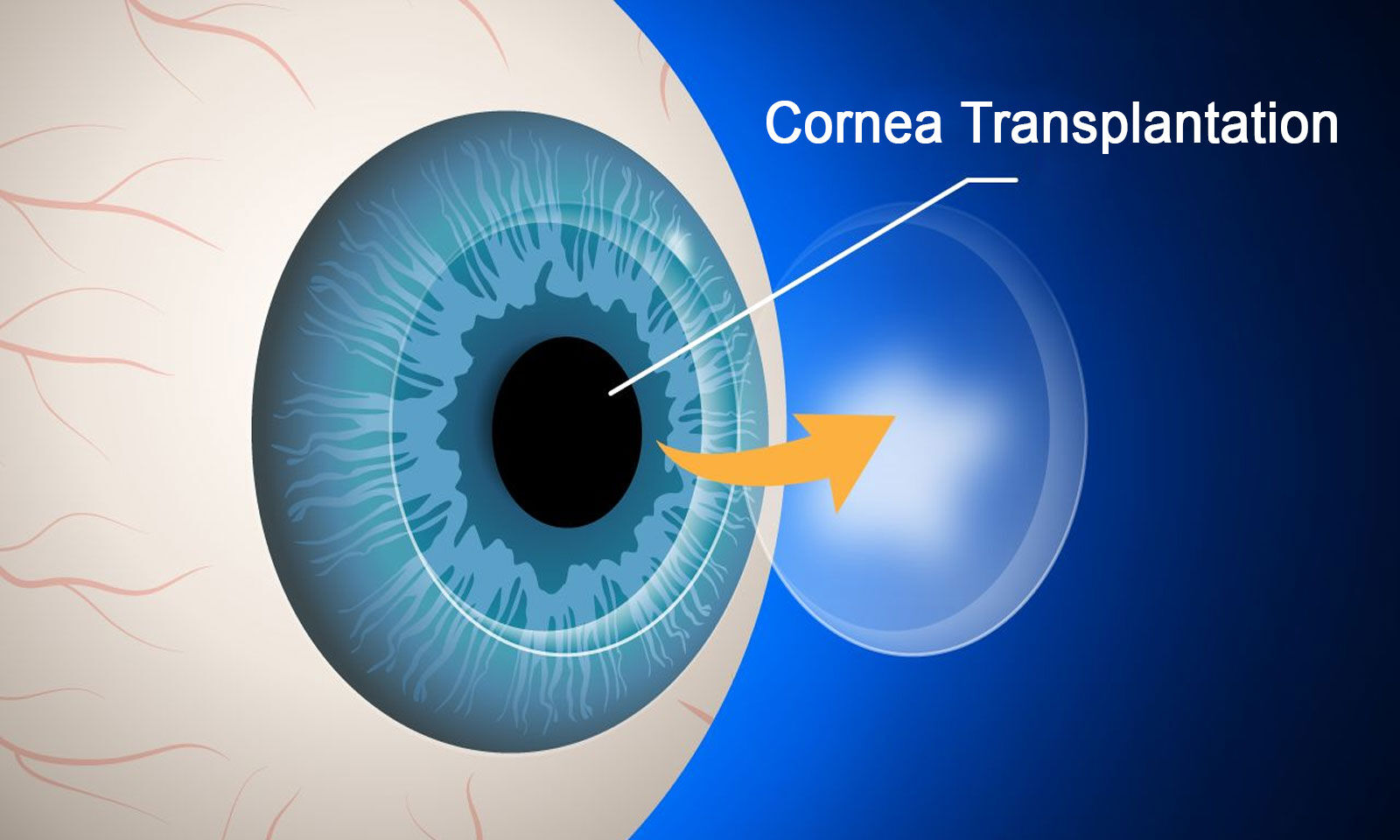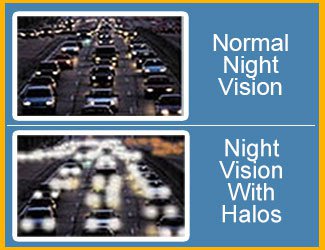You should consider seeing an oculoplastic surgeon when you experience any of the following eye or eyelid-related issues:
- Eyelid Abnormalities: If you have noticeable eyelid abnormalities such as drooping (ptosis), eyelids turned inward (entropion) or outward (ectropion), or if you have recurrent styes or chalazia, an oculoplastic surgeon can evaluate and recommend appropriate treatment.
- Eyelid Tumors or Growths: If you notice any lumps, bumps, or growths on your eyelids or in the surrounding areas, it’s important to have them examined by an oculoplastic surgeon. They can determine if the growth is benign or if further evaluation and treatment are necessary.
- Blocked Tear Ducts: Symptoms like excessive tearing, eye discharge, or recurrent eye infections may be indicative of blocked tear ducts. An oculoplastic surgeon can diagnose the cause and recommend appropriate treatment, which may include surgery to open the ducts.
- Eyelid Rejuvenation: If you are concerned about the appearance of your eyelids due to signs of aging, such as wrinkles, excess skin, or puffiness, an oculoplastic surgeon can discuss cosmetic procedures like eyelid lifts (blepharoplasty) or brow lifts to help rejuvenate your appearance.
- Orbital Disorders: If you have problems related to the eye socket (orbit), such as fractures, tumors, or thyroid eye disease, an oculoplastic surgeon can provide specialized care and, if necessary, perform surgery to address these conditions.
- Functional Eyelid Issues: If eyelid problems are affecting your vision, comfort, or eye health, it’s crucial to consult with an oculoplastic surgeon. They can determine the underlying cause and recommend appropriate treatment to improve eyelid function.
- Cosmetic Concerns: If you are interested in enhancing the aesthetics of your eyelids or the area around your eyes for cosmetic reasons, such as reducing under-eye bags, addressing sagging skin, or rejuvenating your overall appearance, an oculoplastic surgeon can discuss various cosmetic procedures and their benefits.
- Follow-up Care: If you have previously undergone eyelid or orbital surgery and require follow-up care, or if you experience complications or changes in your condition, it’s important to see an oculoplastic surgeon for ongoing evaluation and management.
In general, if you have any concerns or issues related to your eyes, eyelids, or the surrounding facial structures, it’s advisable to schedule a consultation with an oculoplastic surgeon. They have specialized training and expertise in diagnosing and treating a wide range of conditions, both medical and cosmetic, that affect the eyes and periorbital area.
For more eye-related queries, Consult Dr. Vaidya at one of the Eye Doctor in Mumbai know more information visit in our hospital at Dr. Vaidya Eye Hospital.



